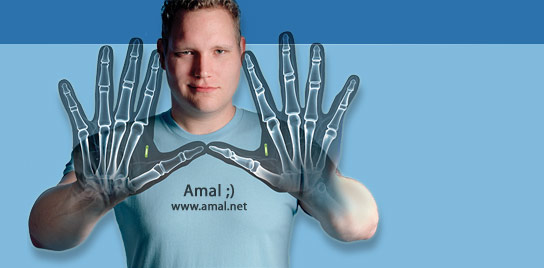Some BYU dudes created a “lab-on-chip” that uses slots like a coin sorter to detect specifically sized particles, which could be proteins, viruses, etc.
The chips work like coin sorters, only they are much, much smaller. Liquids flow until they hit a wall where big particles get stuck and small particles pass through a super-thin slot at the bottom. Each chip’s slot is set a little smaller than the size of the particle to be detected. After the particles get trapped against the wall, they form a line visible with a special camera.
“If we decided to make these things in high volume, I think within a year it could be ready.”
People often ask me “What is the future of RFID implants?“… and to that I say: “Well, I doubt it has anything to do with RFID… but the idea of an implanted medical device that can receive power, do some tests, and transmit data back wirelessly, without needing to be replaced regularly due to battery limitations… that’s the future of these types of passive implants. As an aside they might also provide a unique ID number to link the test results it just performed with your externally stored medical records… but the primary function will be to report back medical test data.”
I can easily see these lab-on-chip devices making their way into such an implant.












